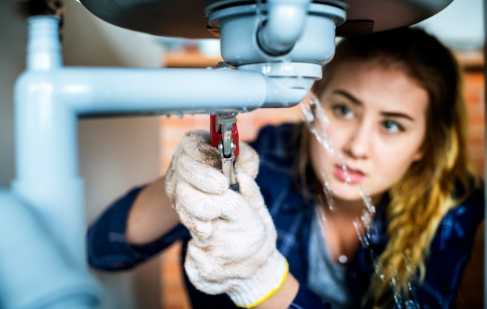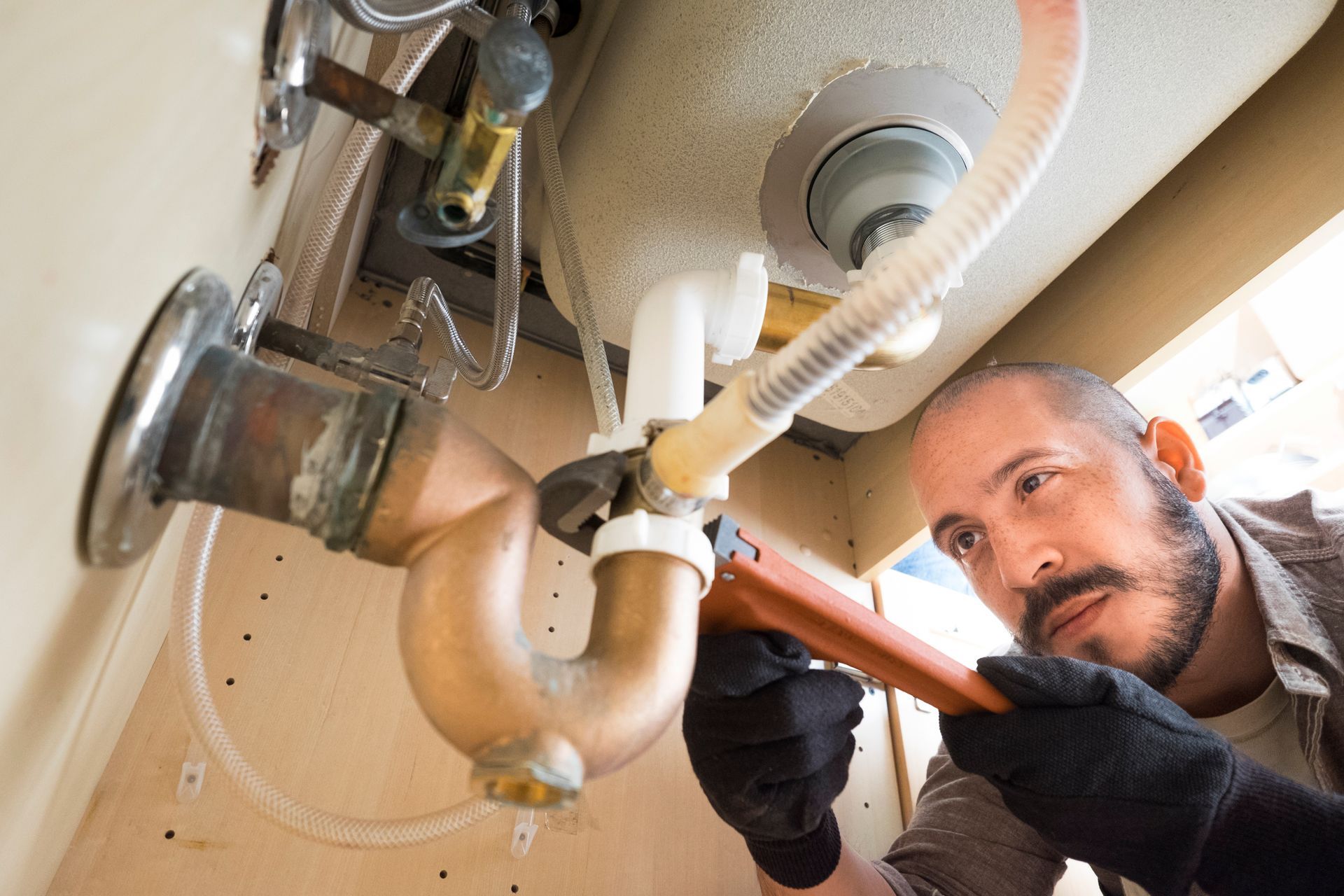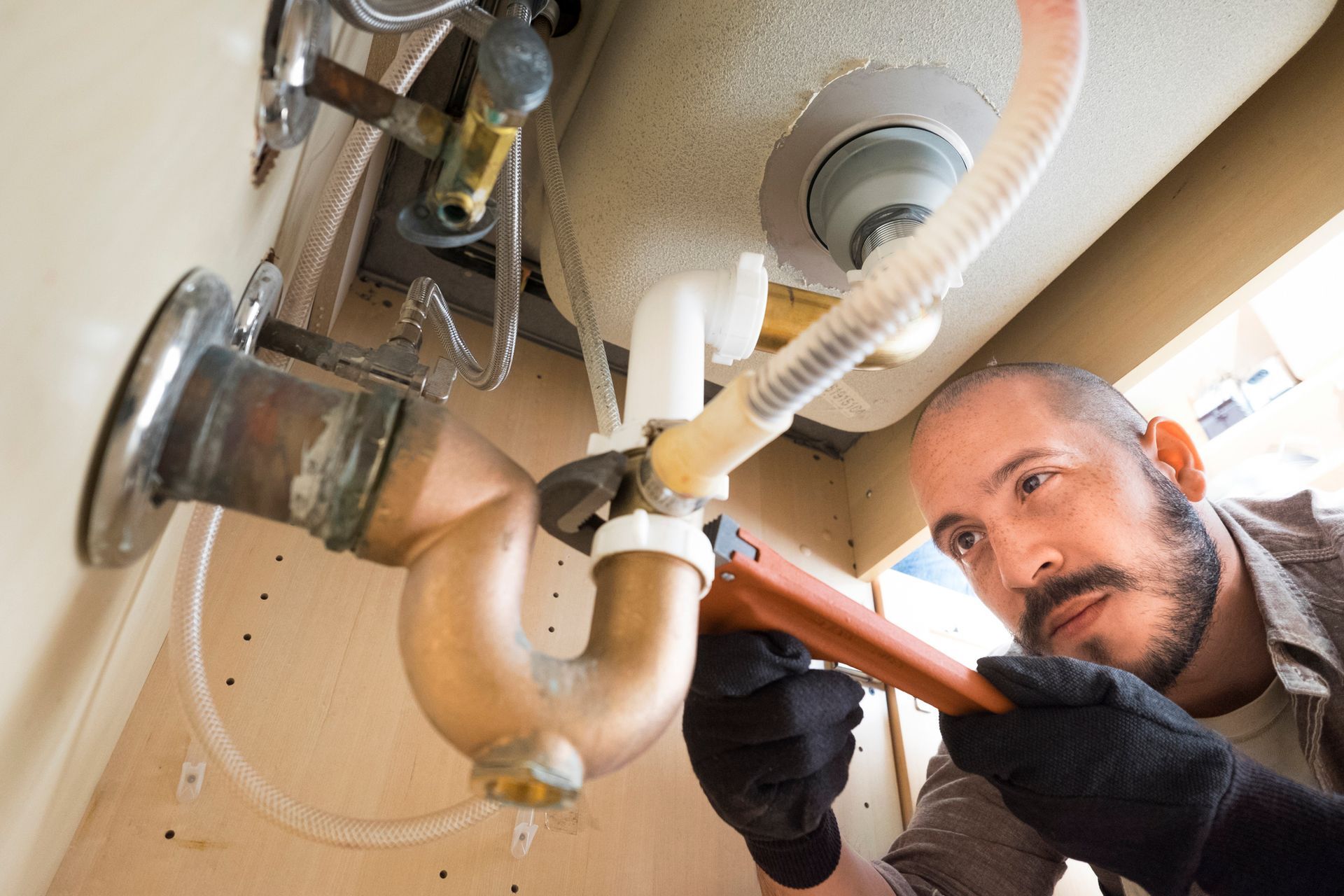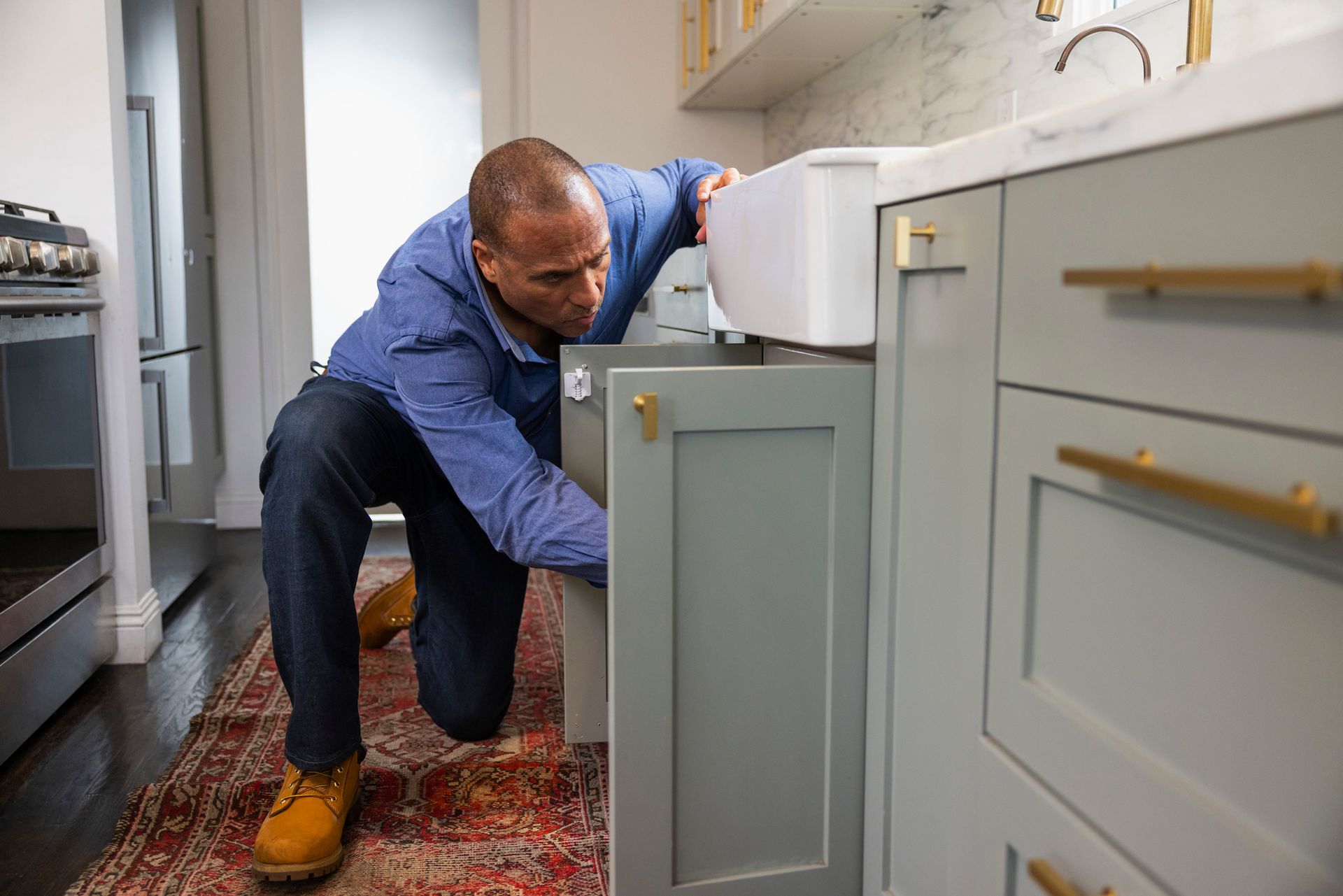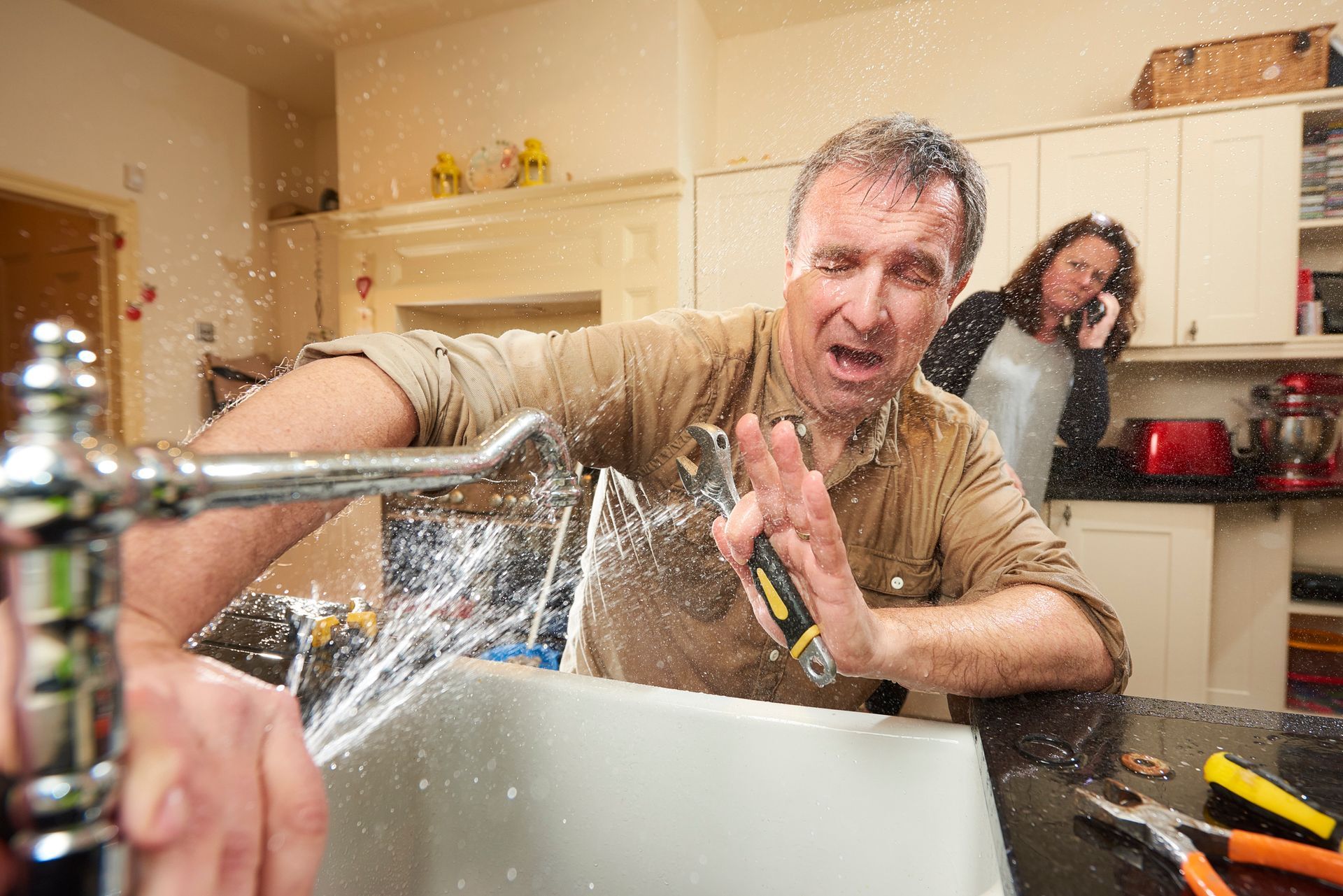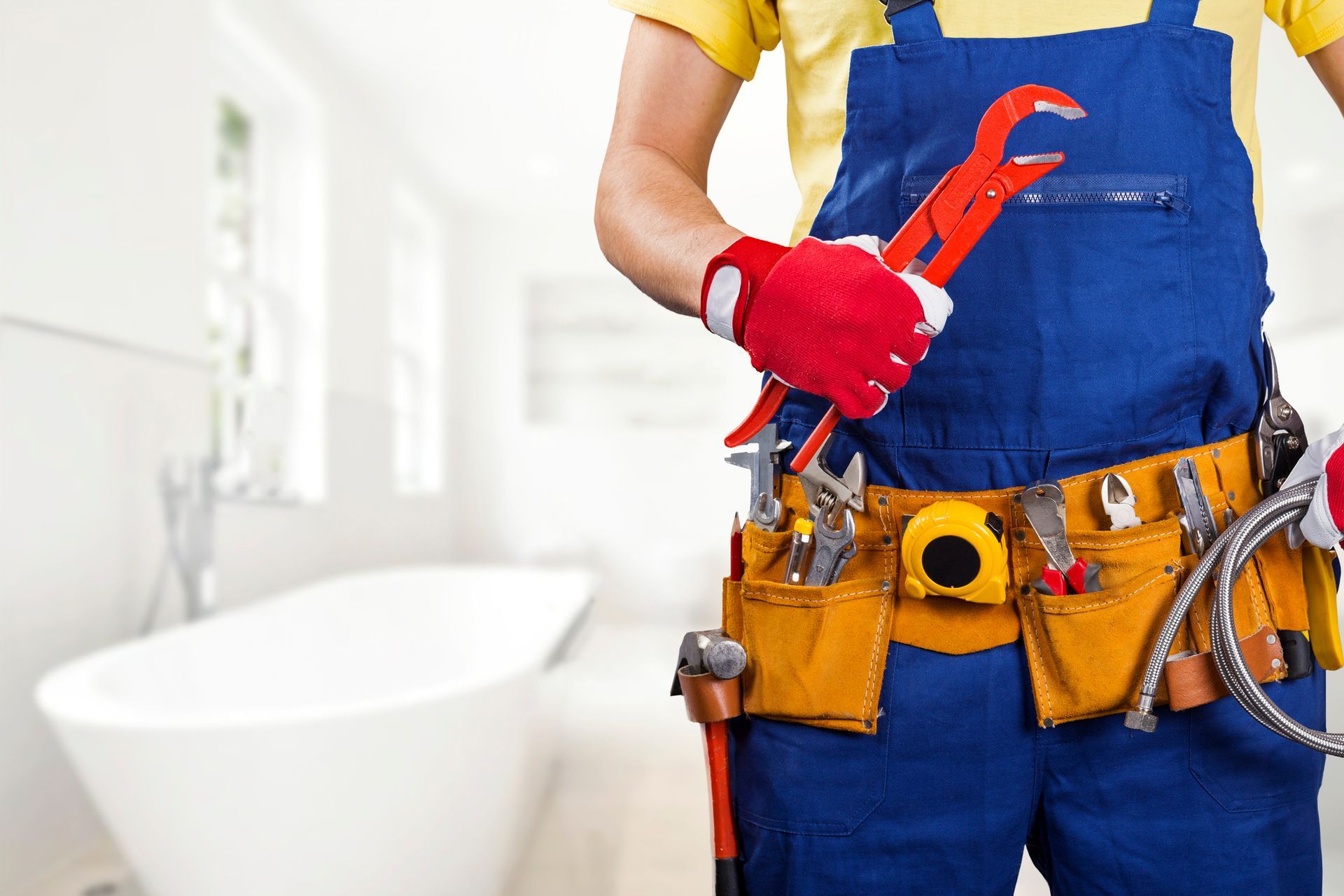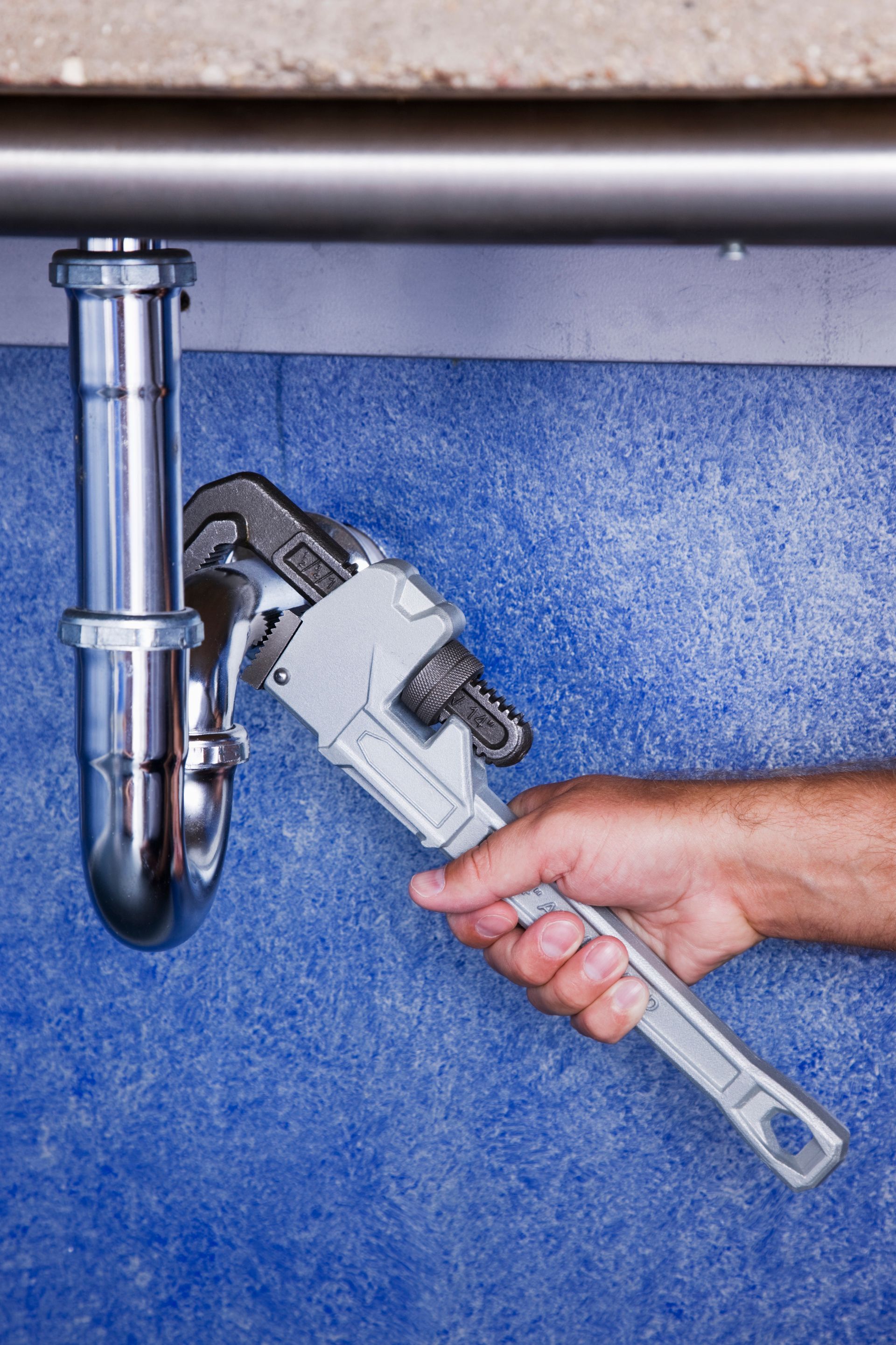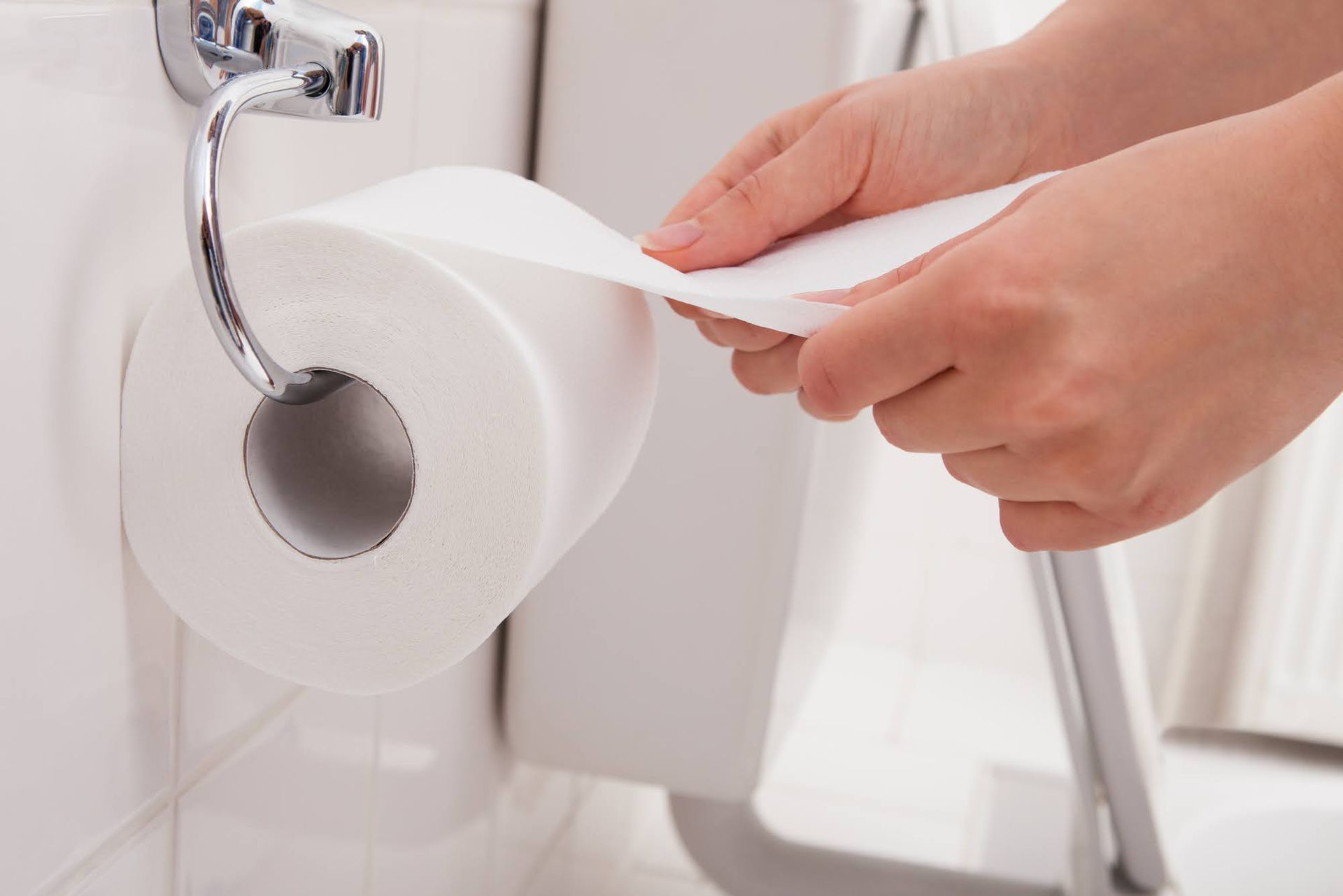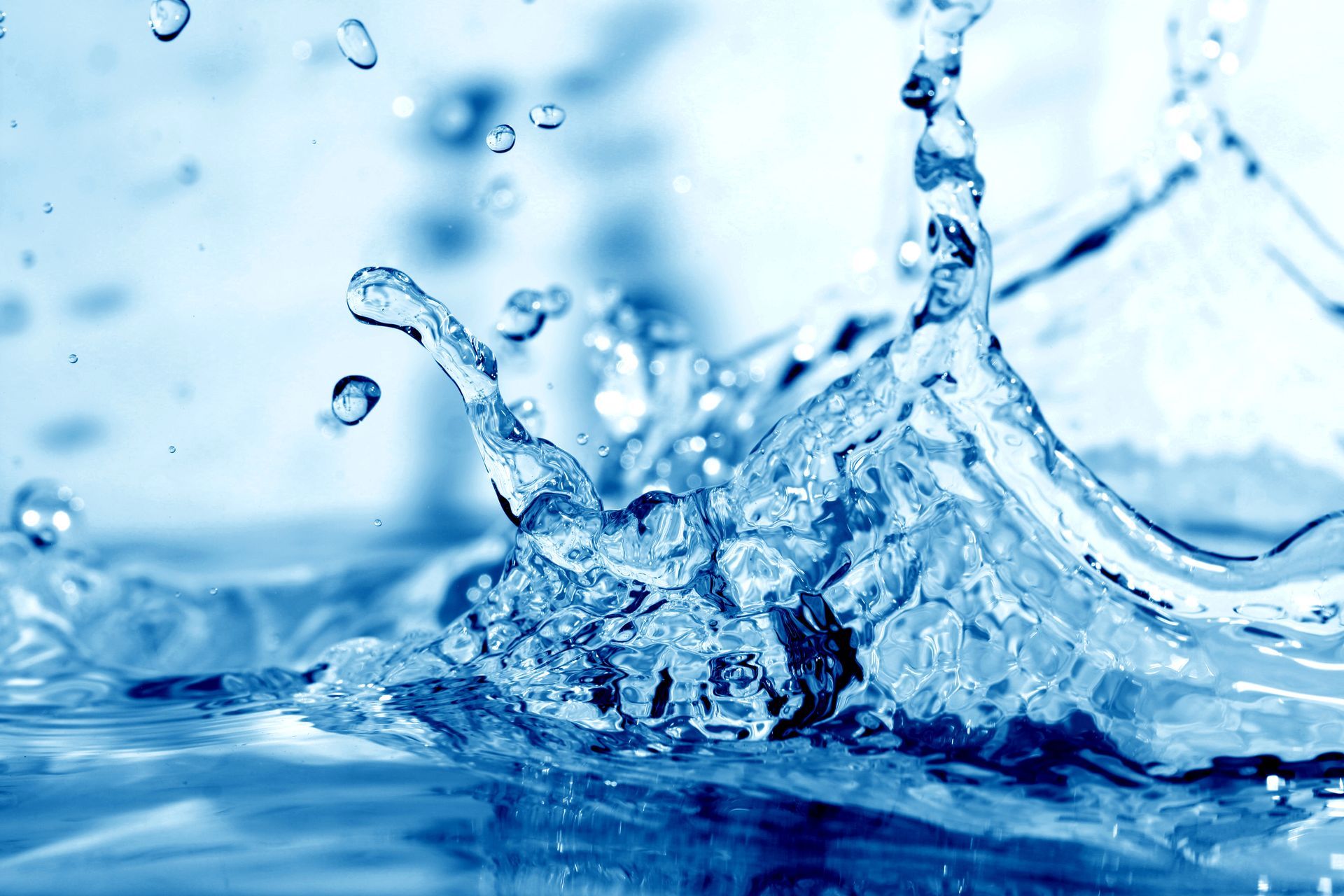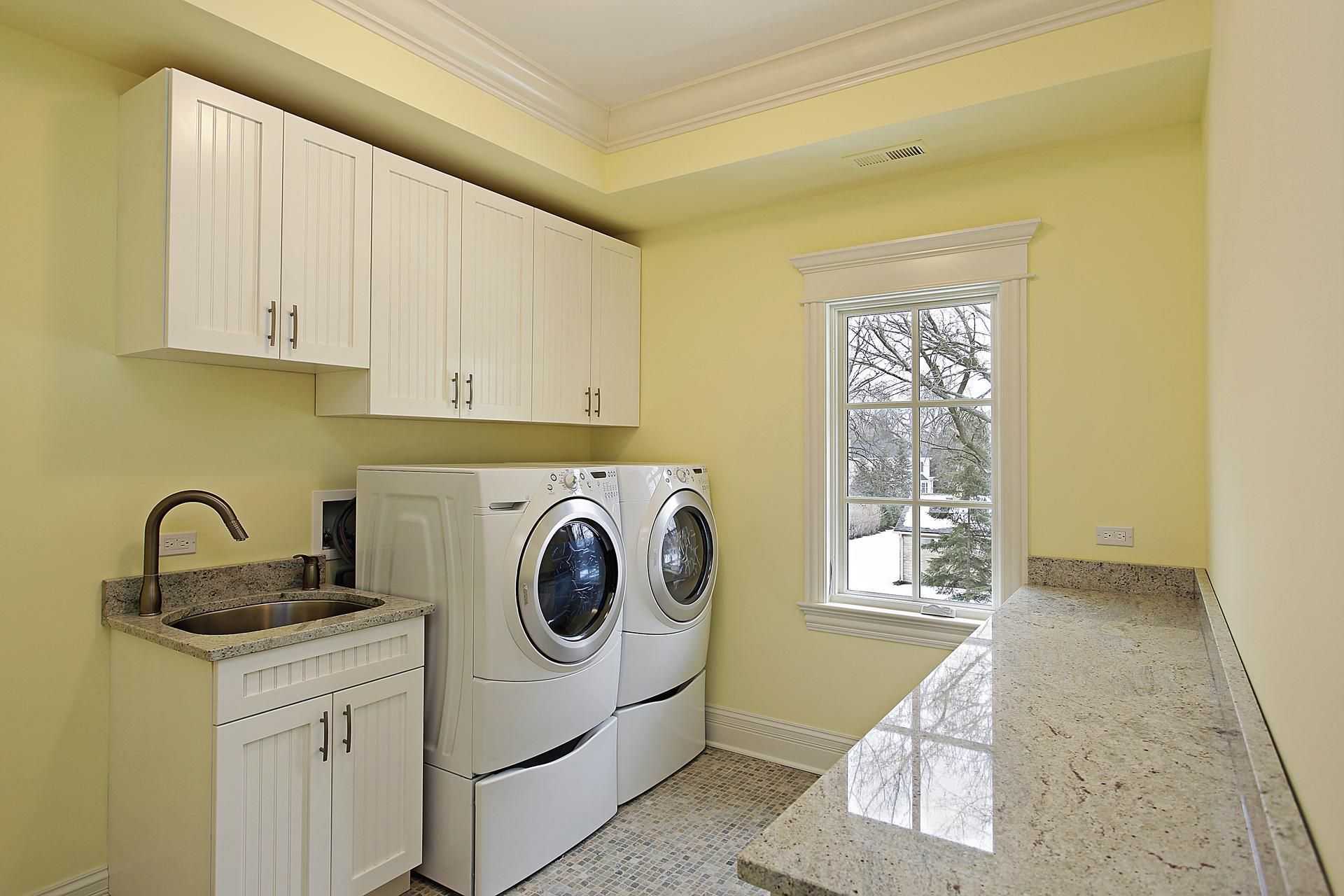Blog
6 Things You Can Do to Prevent a Plumbing Leak
No homeowner likes plumbing leaks, as they can be costly in terms of damage done as well as repair expenses. While many people think that plumbing leaks are inevitable and nothing can be done about them, the truth is that leaks are often preventable.
That's why you should understand the ways in which you can prevent plumbing leaks from occurring. Below are six specific things you can do as a homeowner to keep your plumbing from sprouting leaks.
1. Don't Use Pipes to Hang Items
Pipes may seem to form ready-made places for hanging objects, such as clothes hangers, but beware the dangers of using pipes for this type of work. When you hang objects on pipes, you place stress on the joints between pipes and adjacent fittings. Too much stress can cause the joints to loosen and cause a leak.
2. Be Careful When Using Vanities and Under-Sink Cabinets for Storage
Most people never seem to have enough storage in their homes, so the spaces beneath vanities and sinks are usually filled with a variety of possessions. These areas do make great storage for household cleaners, towels, and toilet-paper rolls, but be careful when using these spaces for storage.
Inside these enclosures also lie drain pipes and water supply lines that serve fixtures on the topside. If you aren't careful, you can easily dislodge connections, such as P-traps, and cause leaks as a result. Don't over-stuff the spaces beneath a vanity or sink, and periodically inspect these areas to ensure that no hidden leaks exist.
3. Insulate Pipes and Spigots in Winter
Another source of water leaks is freezing and burst pipes. That's why it's important to wrap your exposed pipes with insulation; this will prevent water from freezing and expanding, which leads to stressed connections or bursting pipes. Also, be sure to protect outdoor spigots with inexpensive foam covers that keep ambient temperatures high enough to stop freezing.
4. Soften Hard Water
While you may not have thought of hard water as much more than an inconvenience, it can actually cause pipes to leak. Hard water produces white precipitates that form on plumbing fixtures and other areas on and near the pipe.
These precipitates can negatively affect plumbing connections by physically altering pipes and fittings. Leaks are an inevitable result if you don't treat hard water at the household level.
5. Avoid Poor Installation or Repair Methods
At times, plumbing leaks occur due to mistakes in installation or repair. For example, galvanic corrosion, which is a process where electrons pass from one metal to another, happens when dissimilar metals are connected together.
This can create a significant problem if the corrosive process creates gaps and other openings, which in turn form leaks. As a result, if you are performing your own plumbing work, be sure that you understand how to properly join different types of metal to avoid galvanic corrosion and subsequent leaks.
6. Reduce Excessive Water Pressure
Another cause of water leaks is high water pressure. Seldom do people complain about excessively high water pressure, as low water pressures seem to cause the bulk of troubles. However, high water pressure can do severe harm to a water system by introducing lots of stress on its components. Over time, too much water pressure can seriously weaken the bond between fittings, which, in turn, causes leaks.
If you aren't sure if your home's water pressure is at an optimal level, purchase an inexpensive water pressure gauge that screws onto a spigot. High pressures, such as those that exceed 55 pounds per square inch, should be addressed immediately to prevent plumbing failure.
Be sure to contact Complete Plumbing for help with your plumbing needs, including how to reduce water pressure and address potential leak-causing problems. Our professionals are ready and willing toassist you today.Installation
Services
and Military Discount



